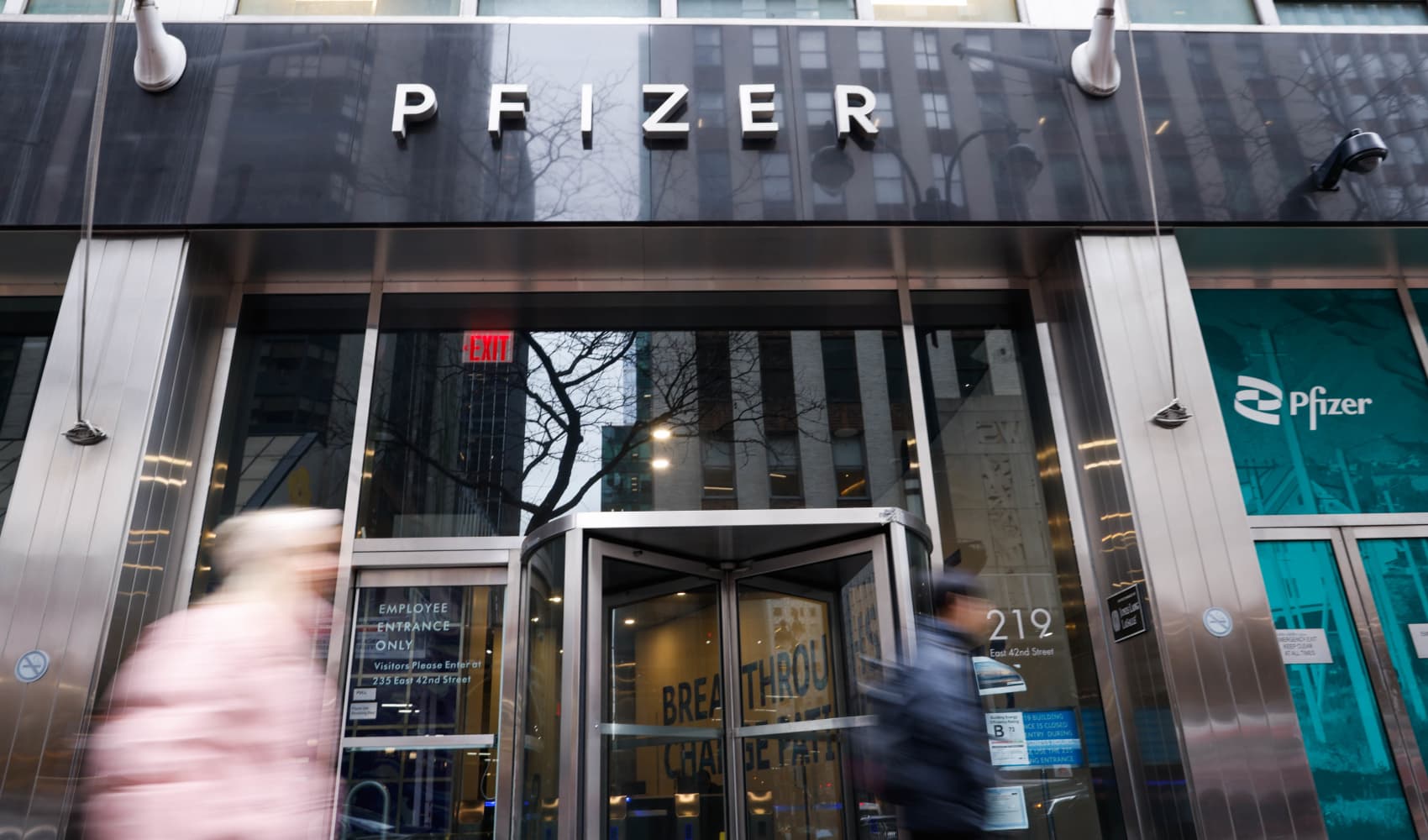
More than 90% of travelers from Southeast Asia say that gun prevalence in the United States influences whether they will visit, according to a new survey.
The study — which surveyed 6,000 international travelers from the six countries — showed that respondents perceived Hawaii to be the safest state in terms of gun violence, while Texas was deemed the least safe, from a list of eight options that included New York, California, Florida, Nevada, Arizona and Washington D.C.
Yet, 56% of those in the survey, commissioned by CNBC Travel and conducted by the market research firm Milieu Insight, said they are likely to visit the United States in the next few years.
Get top local stories in San Diego delivered to you every morning. Sign up for NBC San Diego's News Headlines newsletter.
This figure rose to 59% among those who had visited the U.S. at least once before, even though among this group, 74% said they perceive gun violence to be a bigger issue in the United States today than in the past.
"This suggests that firsthand experience, while heightening awareness of issues, doesn't necessarily deter future visits," said Antarika Sen, an associate research director at Milieu Insight.

However, nearly 80% said the likelihood that they would attend a mass gathering — such as a concert or music festival — would be greatly or moderately affected by the number of guns in the United States.
Money Report
The survey was conducted in Singapore, Indonesia, Malaysia, Vietnam, Philippines and Thailand from Sept. 9-18, after the first assassination attempt against former President Donald Trump in July and coinciding with the second assassination attempt on his life on Sept. 15.
Country differences
Southeast Asians who showed the highest levels of concern about gun violence in the United States also showed the highest levels of interest to visit the country.
Those from Vietnam (79%), Indonesia (76%) and the Philippines (76%) said their trips were greatly or moderately influenced by the prevalence of guns in the U.S. However, 73% from Vietnam, 70% from Indonesia, and 69% of those from the Philippines said they are likely to visit in the next few years.
However, only 24% of those from Singapore said they are likely to set foot in the U.S. soon.
Overall, two-thirds of all respondents said they disagree with gun ownership in the United States. However, this figure rose to 91% in Singapore.

Singaporeans — whose are accustomed to low crime in the city-state — were also the least likely to say that gun violence in the U.S. is less of a problem than in the past (3%).
Half of those surveyed said they have been to the United States. But a prior visit didn't calm Singaporeans' worries about gun violence to the same extent as other nationalities. Some 25% of all respondents said a prior visit helped ease their concerns, but only 4% in Singapore said they are "much more likely to visit again as my concerns about gun violence have decreased."
Outcome of the U.S. election
More than a quarter of respondents said the outcome of the U.S. presidential election will affect their intentions to visit the country, while 49% said that it might.
Some 23% said they were less likely to visit if Donald Trump wins; 9% said the same if Kamala Harris is elected.
Another 5% said they will out-and-out refuse to visit if Trump wins, with 2% saying the same about a Harris win.
CNBC Travel reached out to both campaigns for comment but has not yet heard back from either candidate.

More than two-thirds of respondents said they had heard about "migrant crime" — a term coined by Trump and hailed as part of his anti-immigration stance. However, data from major-city police departments show no evidence of a wave of crimes committed by migrants in the country.
However, some 27% of Southeast Asians said it's a "major issue that significantly influences my decision" to visit the U.S."
Fear of violence and verbal abuse
Southeast Asians also expressed significant concerns about being victims of physical violence in the U.S. based on their race.
Nearly 3 in 4 travelers said they are "very" or "somewhat" concerned about experiencing race-based violence, with the highest levels of concern coming among Filipino respondents (81%). Only 4% of Southeast Asians in the survey they were not concerned about physical violence in the country at all.

Respondents showed similar levels of concern about being on the receiving end of race-related verbal abuse.
Many Southeast Asians said the threat of physical and verbal abuse has risen since the Covid-19 pandemic, with two-thirds agreeing it's a "much bigger issue" or "somewhat more of an issue than before."
Only 11% overall said they feel those problems have decreased since the pandemic.
Southeast Asians said social media (61%) was their top source of information about safety and crime in the United States, followed by international news (55%),
"Countries with higher reliance on these sources often show greater concerns," said Milieu Insight's Sen. "The Philippines, with 66% relying on social media, shows the highest concern for racial violence."






